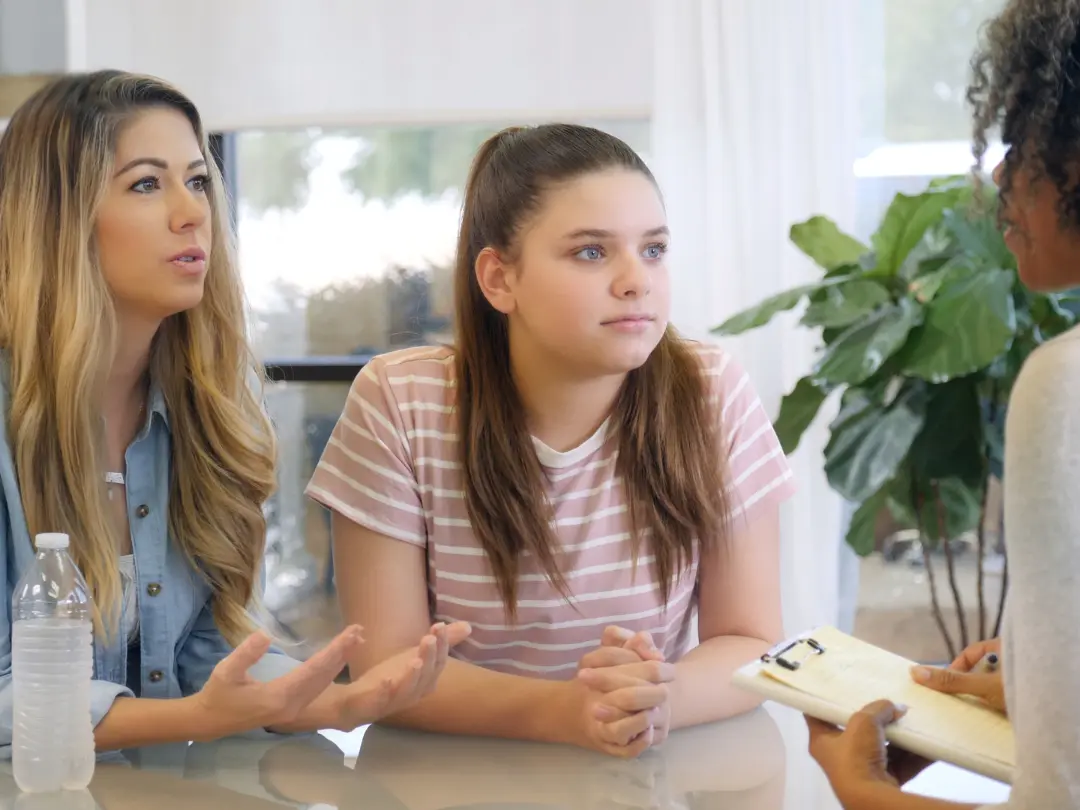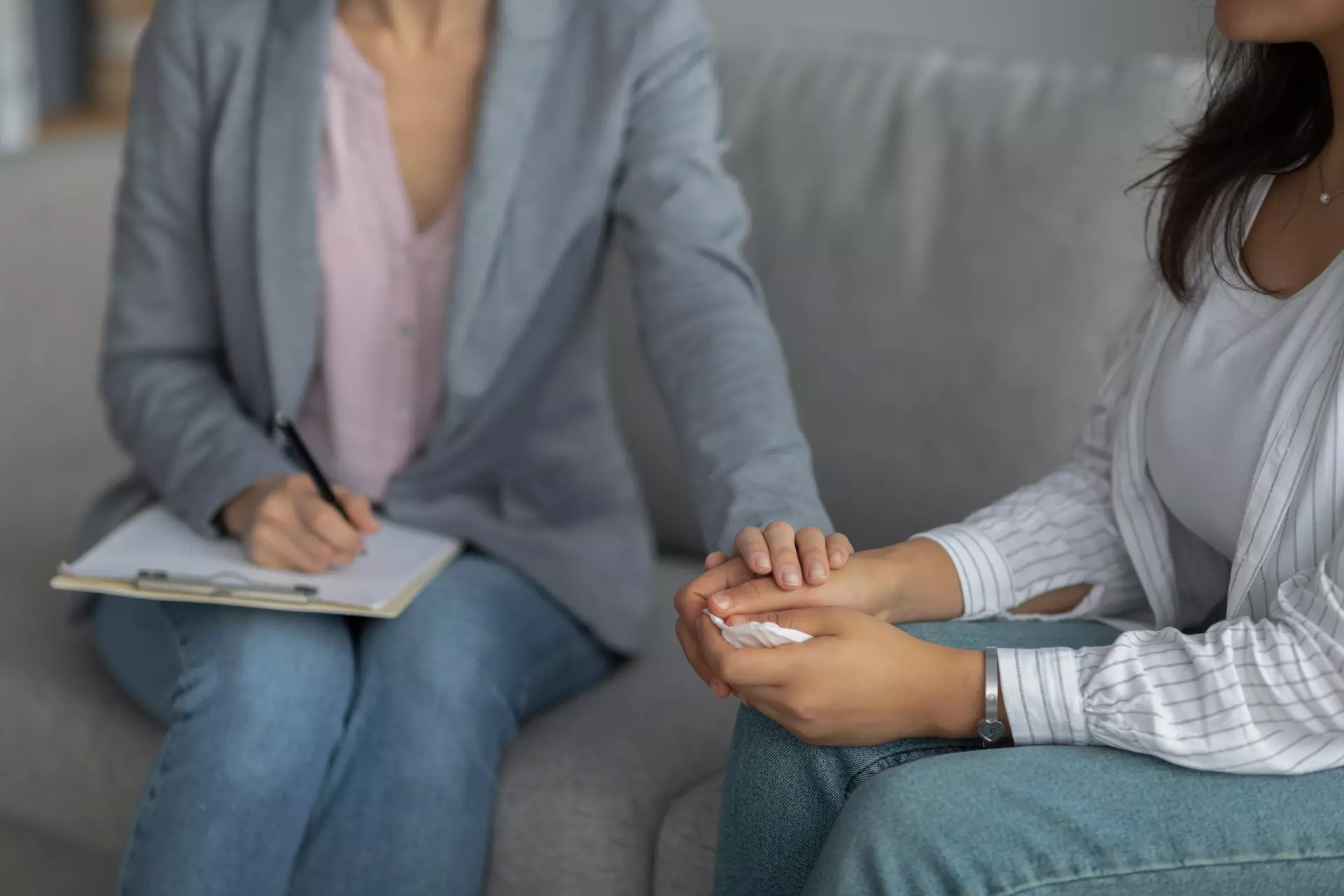When considering the rising violence against women, the phenomenon of underreported rape, and the shocking turns of rape culture, college safety might seem impossible to achieve. In new social settings or locations, students may be tempted to forego their normal precautions. For a safe college experience, it’s important to prepare by practicing safety right now, even before college. By the time back to school rolls around, the college safety practices you initiate will become second nature.
3 Tips to Help You Have a Safe College Experience
Tip #1: Check the License Plate
Responsible drinking is an important part of a safe college experience. By now, it is common practice to understand one should never drink and drive. But when it comes time to call that ride to drive you home without injuring others by driving drunk yourself, what are you doing to ensure your safety?
One important yet simple step that many fail to do is to verify that your rideshare’s license plate number matches the one provided in your rideshare app before getting in the car.
If you want to be inconspicuous, circle the vehicle to enter on the opposite side, checking the plate in the process. Or, simply take a second while waiting and remember the first and last digit of your driver’s plate (or maybe the first three digits) before they pull up. It will be statistically highly unlikely that the same car and color will have the same several digits as an imposter.
Or, just shrug off the awkwardness and simply stand there and inspect the plate. Seriously, who really cares if it takes a minute and if the driver is offended? So be it.
Instead of greeting your Uber or Lyft driver with “For (insert name)?”, politely ask who they are picking up. Your verified driver will always have the name and desired location that you originally gave them. If you have a bad feeling about a situation, always go with your gut.
Also, ask them their name. Again, do not be concerned with any awkwardness. Your life is far more important than the possibility of offending someone.
If you do not think this is important, then you have never heard of Samantha Josephson.
Samantha Josephson was an accomplished college senior at the University of South Carolina with a full scholarship to Drexel University School of Law after graduation. The 21-year-old NJ native was majoring in Political Science and had a passion for international law after spending time studying in both France and Spain. On March 28, 2019, after a night out with friends, Josephson called a rideshare. According to local surveillance, Josephson got into a vehicle, thinking it was her Uber.
She never returned home. Sadly and tragically, Samantha Josephson was murdered by a man who pretended to be her Uber driver.
Tip #2: Share Your Location
Your phone can be your lifeline in an emergency. When you go out, consider sharing your location with close family members, trusted friends, romantic partners, or roommates. We know that sexual assault can happen anywhere, even in public. Wherever you go on a first date, make sure someone has your location, as well as your plans and your date’s name.
For iPhones, this feature can be found under FindmyiPhone > People > + (Add). A recent app update allows you to find the location of your phone, even if it has been powered off or the battery is dead.
Within the Uber app, you can share your trip status with trusted contacts by clicking on your profile picture > Settings > Safety > Manage Trusted Contacts. This feature allows you to add up to five trusted contacts that can follow your rides.
Sharing your location can make all the difference for your safety. You may sacrifice a little bit of your privacy, but it is well worth it.
Tip #3: Share … But Don’t Overshare
College can be exhilarating, and it’s tempting to post every experience and event in real-time. Platforms like Instagram, TikTok, Snapchat, and BeReal have risen to popularity, promising authenticity, captured and conveyed in just a few seconds. Social media apps make it easy to see where your friends are and what they are doing. Checking into a restaurant or posting under a certain hashtag may make it easy for your friends to find you, but it also makes it possible for dangerous people to find you too.
So, when does sharing your location become dangerous oversharing?
The highest rates of stalking occur among college-aged students, and most college victims are stalked by someone they know. Whether you are going out with friends or going to the library, revealing your current location on your social media can put you in harm’s way. Not only are you telling your location, or the location of your car, or your daily routine, or your next class, but you could also be revealing sensitive information about your friends and family. Next time you want to “check-in,” check your risks first and consider posting once you leave.
Be preventive in your protection. Remember, a safe college experience ensures a full experience!
In honor of Samantha Josephson, Sami’s Law was passed in her home state. The law requires rideshares to display lighted signs and a QR code to riders as an added security measure. The law has yet to advance on the federal level.
If you want to learn more about protecting yourself at college, contact our team of specialists today about a trauma-informed care approach.








